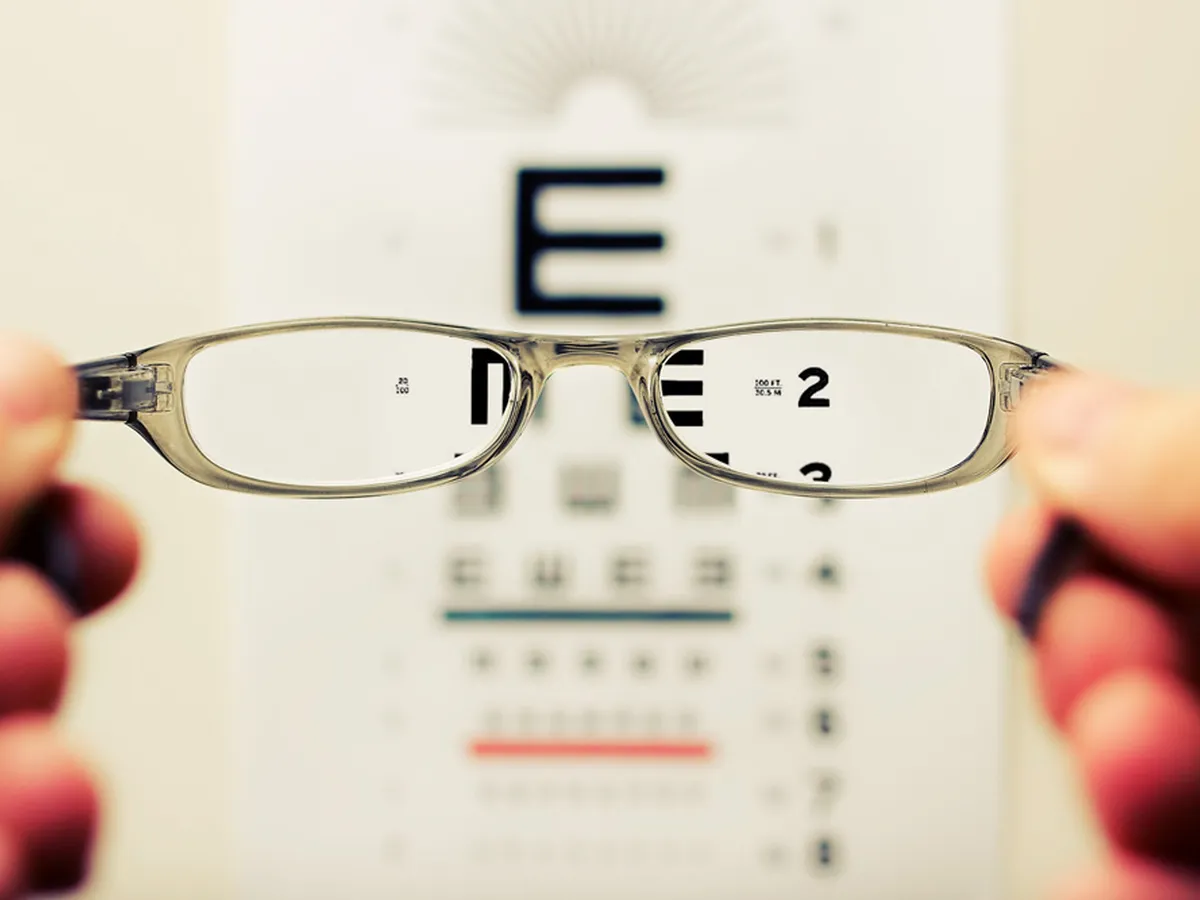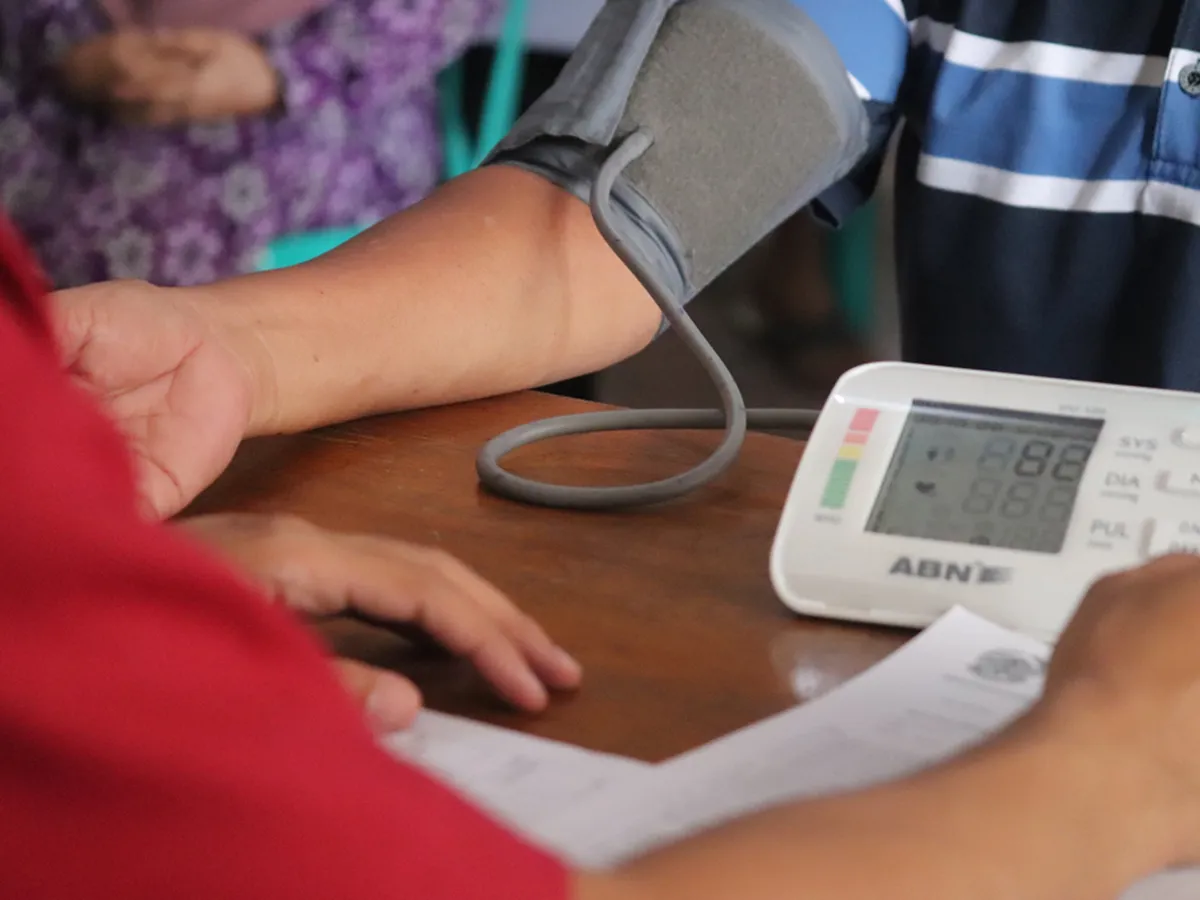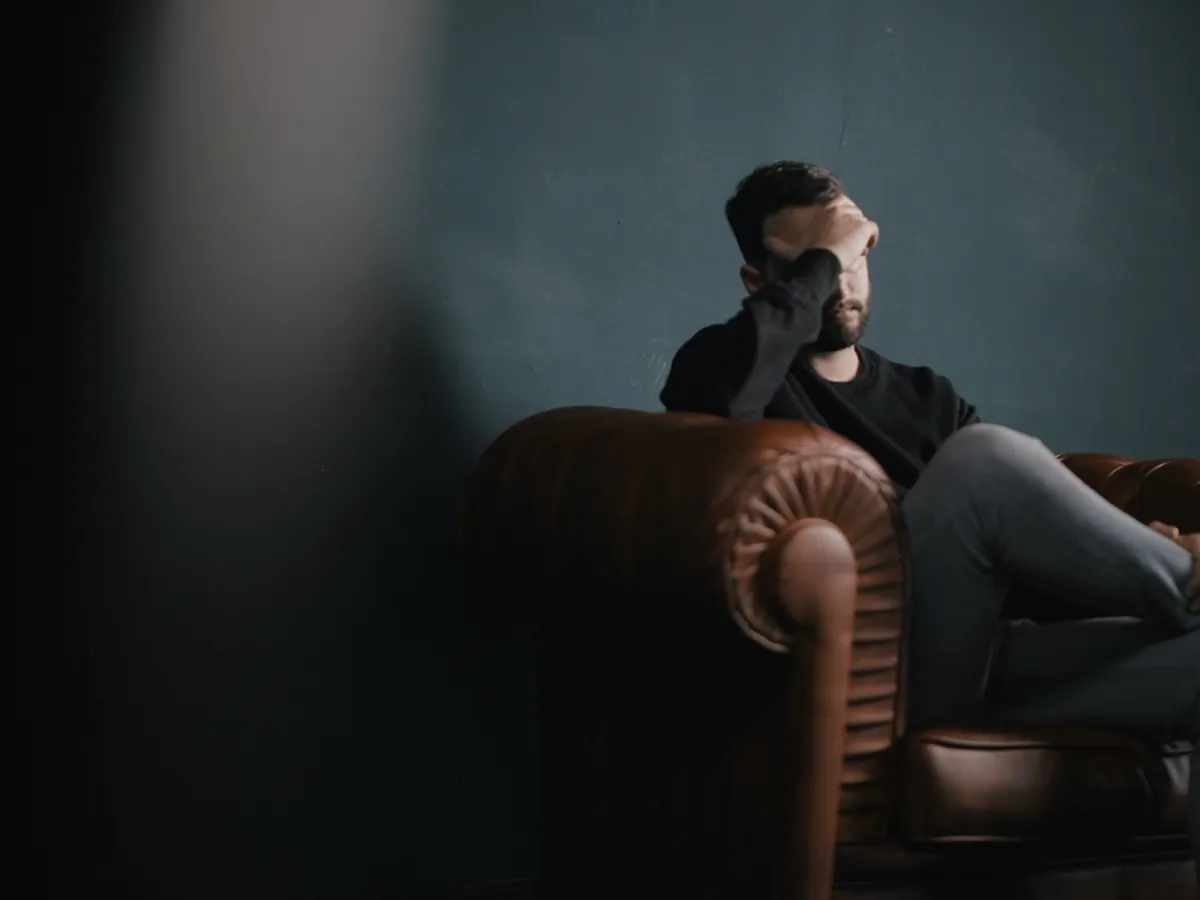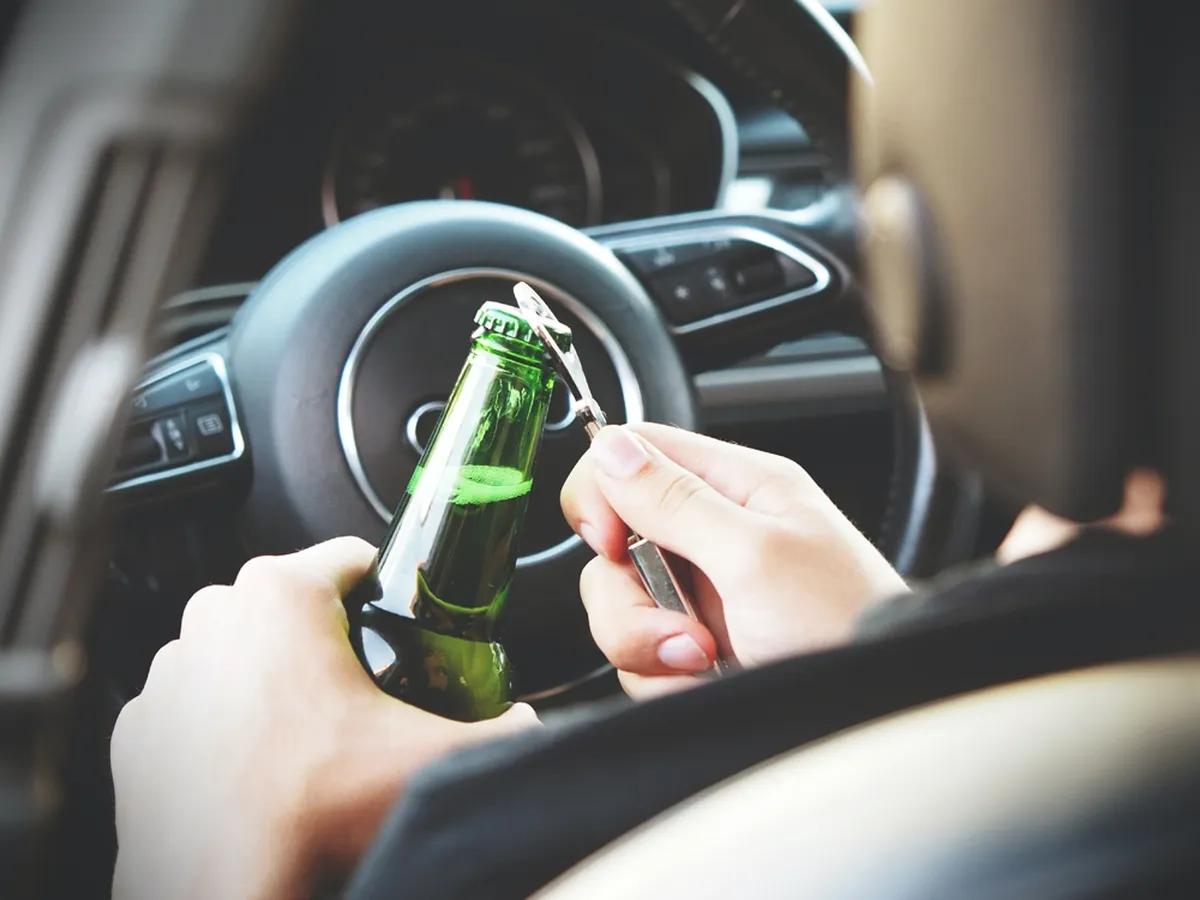What happens at a Safety Critical Medical?
It is important to understand the standards you will have to meet for the safety critical medical. In this article, we discuss the elements of the safety critical medical, including information about the booking process.

What is a safety critical medical?
The safety critical medical is an occupational health assessment to ensure that employees operating in a safety critical work environment are fit to perform the tasks required. There are variations in the assessments available based on the type of industry. However, the following information covers the basic safety critical medical requirements for the construction industry. In addition, the safety critical medical can also be undertaken in conjunction with a drug and alcohol test.
Please call 0800 988 7107 and ask about the other industry specific workplace medicals we offer.
What do I need to book a safety critical medical appointment?
Prior to the safety critical medical appointment, you will be asked for the following:
- Current official photo identification. For example, passport or driving licence.
- Details of any medication you are regularly taking.
- Bring to the appointment any corrective visual aids (if worn) for distance vision. If contact lenses are regularly worn, spectacles of the equivalent prescription must also be brought with you.
If any of the above is not provided, the safety critical medical appointment may have to be rearranged at additional cost.
What happens at the safety critical medical?
At your appointment, you will be asked to complete a medical questionnaire. After this, you will be welcomed into the medical room by the Occupational Health Technician, Nurse or Doctor.
The following then takes place for the basic safety critical medical assessment. Please note, the order of the following may change slightly, depending if a drug and alcohol test is being performed at the same appointment:
- Urinalysis – no evidence of glucose, protein or blood in the urine sample
- Epworth sleep questionnaire (if applicable)
- Blood pressure and pulse rhythm
- Height, weight, and BMI
- Mobility and balance checks
- General health
- Vision assessment, including distance vision, visual fields, and colour vision assessments
- Hearing test
- Peak flow or spirometry (optional, additional costs may apply)
How long does a safety critical medical last?
If no drug and alcohol test is required, the safety critical medical lasts around 30 minutes. However, if a drug and alcohol test is required, then the medical can take up to 45 minutes. In addition, if any issues are detected during the medical, then this time can run over. For example, if additional blood pressure readings are required.
How do I pass a safety critical medical?
If you meet all the standards of the safety critical medical, you will achieve a pass. However, even if you achieve a pass, we may still provide you with some health advice. For example, about the effects of smoking and alcohol, or some advice on high blood pressure or BMI.
If you do not meet the standards of the safety critical medical, there are several possibilities. These include requesting information from your GP, optician, consultant, or hospital. In addition, your medical results may also be referred to our Responsible Occupational Physician (ROP). Whatever the outcome, we will communicate with you every step of the way and provide you with the details of additional information we need to progress your medical results.
Ultimately, whether you pass the safety critical medical depends on you meeting the standards required. Our advice would be to lead a healthy lifestyle with a balanced diet, don’t smoke and limit your alcohol intake. All of this is linked to blood pressure and BMI. In turn, by leading an unhealthy lifestyle, these choices can restrict your career choices in safety critical industries. For more information on healthy lifestyle choices, please see the latest advice from the NHS.
Service related articles...
Head Office
Crystal Health Group
The Old Chapel
Manchester
M30 0NG




